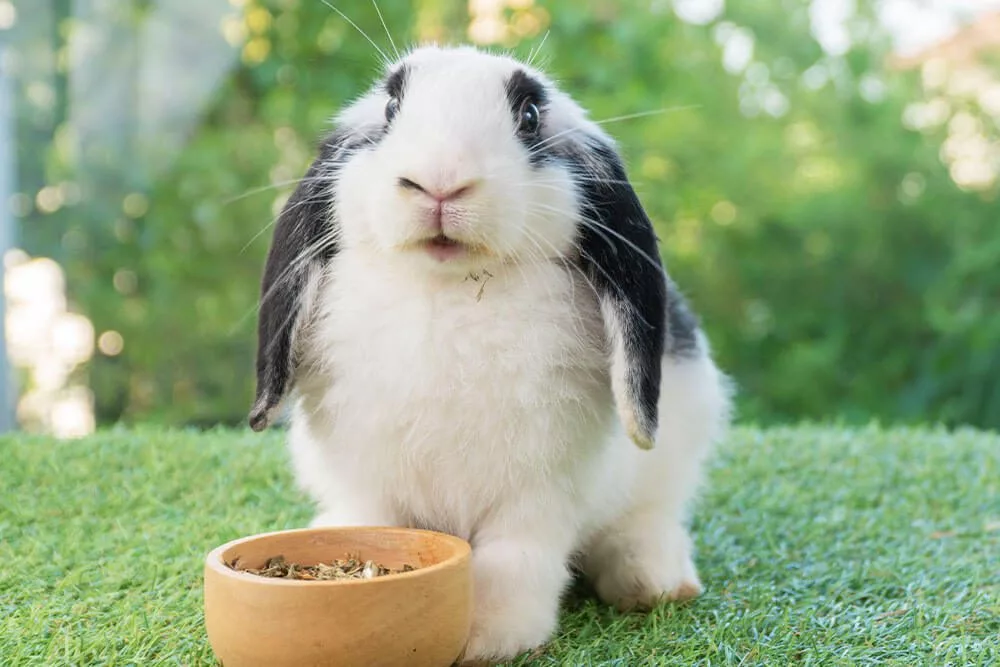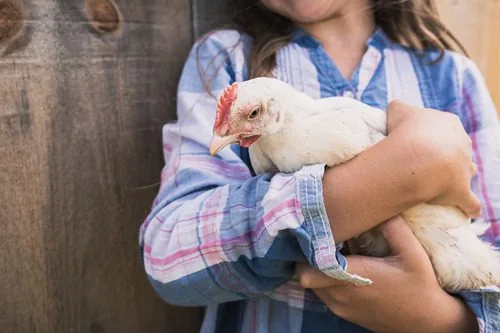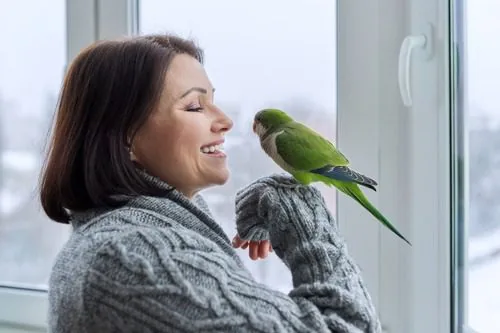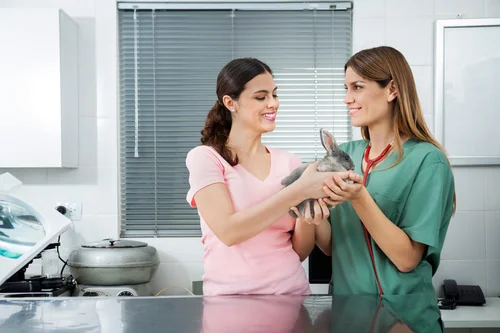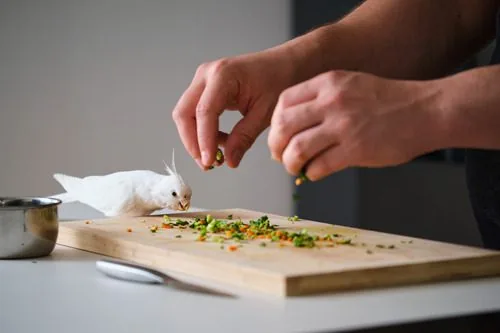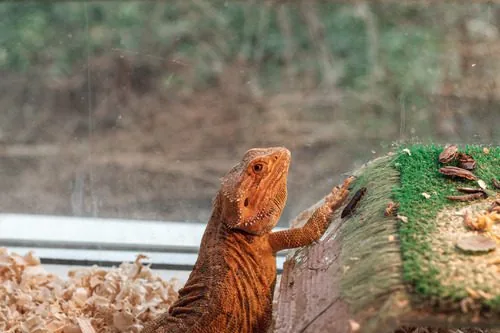Are Holland Lops Good Pets? A Guide to This Cute Rabbit
Have you ever heard of Holland Lops? Have you dreamed about having a pet rabbit? If you answered yes to either of these questions, then read on and learn more about the Holland Lop rabbit breed.
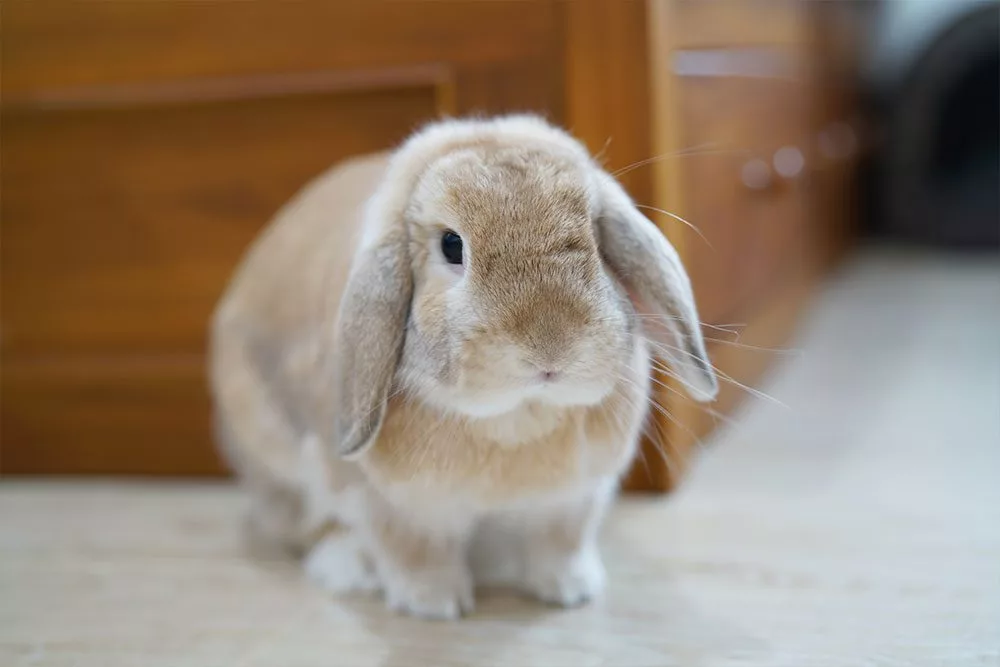
What Is a Holland Lop?
A Holland Lop is a lop-eared rabbit. They are the smallest of the lop-eared rabbits. This makes them the perfect rabbit pet if you don’t have a lot of space, or if you just want an adorable pet rabbit.
The Holland Lop is originally from the Netherlands. They have quickly become one of the most popular pet rabbits in the world.
Holland Lops are a mix of French and English Lop-eared rabbits and the Netherland Dwarf Rabbit. It was officially recognized by the Netherlands Governing Rabbit Council in 1964. It was officially recognized by the American Rabbit Breeders Association in 1979.
Physical Appearance
An adult Holland Lop weighs about 2-4 pounds, are about 4-5 inches tall, and 10-12 inches long when stretched. They are almost as wide as they are tall. They are also sweet, friendly pets and are very active.
Holland Lops are available in a variety of fur colors from white to black, light to dark brown, and everything in between. They can be a solid color or they can have a pattern of colors. Their fur can be short or medium length.
Choosing a Holland Lop
A Holland Lop is not an expensive pet to purchase. A ‘Show quality’ rabbit will cost more.
Holland Lops are social animals so if you are gone for extended periods of time, they may benefit from having a friend. When you go to pick out your Holland Lop look for a healthy bunny with an outgoing personality. The following are basic qualities of a healthy rabbit:
Eyes
Eyes should be alert, wide, attentive, and dry. They should follow your movements easily.
Nose
Nose should be dry and no evidence of a discharge.
Ears
Ears should be clean and scentless. The bunny should not be scratching them constantly.
Paws
Paws should be clean. They should not be crusty or yellow as this is a sign that they are wiping their nose to clean away nasal discharge.
Butt
The underside of the tail and pelvic region should be clean and dry. There should not be an odor or a foul smell.
Fur
Their hair should be soft and silky. It should not be matted or dull.
Teeth
Top teeth will slightly overlap the bottom teeth.
Movements
The bunny should be moving freely and energetically. They may approach you and seem curious.
Caring For a Holland Lop
The Holland Lop will live for 10 to 12 years. Some have even been known to live as long as 14 years. They are generally not susceptible to hereditary diseases. Like all other rabbit species, intestinal parasites may cause serious health issues.
Holland Lops are generally easy to care for. They will need you to brush their hair coat and groom them. They will need food, water, and a safe and comfortable place to sleep.
You will want to brush them every week to keep their hair coat from getting matted. Grooming and nail clipping should happen about once a month. During shedding season, you will want to brush them more often. Like cats, Holland Lops groom themselves and can get hairballs.
Similar to their nails, their teeth keep growing. Foods that require a good amount of chewing and chew toys can help keep their teeth in proper alignment and shape. Timothy, Orchard Grass or a Botanical Hay should be available at all times.
Holland Lops do not need to be bathed. They do not enjoy it. Instead, clean their rabbit cage or pen 2-3 times a week with an antibacterial soap. You will want to clean out their bedding daily, removing any fecal matter.
Holland Lops, like all pets, need a yearly vet visit to make sure they are healthy. You should check their hair coat, skin, eyes, teeth, and paws weekly . If you notice any changes take him/her to a veterinary hospital that is proficient in rabbit medicine.
Unless you are planning on breeding rabbits, you will want to spay or neuter your Holland Lops. Not all veterinarians are experienced in rabbit care, so it is important to make sure you have a veterinary clinic / hospital nearby that works with and is very knowledgeable about rabbits.
Habitat, Home, and Hutch
Your Holland Lop will need a indoor cage that is at least 24 inches by 36 inches. If you are getting more than one rabbit you will need a larger cage. Many rabbit owners attach an X-pen to the cage to allow for some exercise and free space. Your rabbit should have at least 1-2 hours of playtime a day outside of their cage.
Diet
Holland Lops eat similar foods to other rabbits. However, given their small size it is important to give them food with the best nutrients. When it comes to a Holland Lop’s diet:
Protein
Foods with 16% protein are ideal. You do not want to give them less protein because they are active and need it.
Fiber
You will want a food with at least 16% fiber.
Hay All Day
They will also need to eat hay. Hay is something wild rabbits eat and domesticated rabbits also need it to be healthy. Hay should be available at all times. Timothy, orchard grass and botanical hays are all excellent for adult rabbits.
Low-Fat
You will want food with a low-fat content. 3-5% is a good amount of fat. You do not want too much fat but they do need a little. NEVER use rabbit food that contains nuts, grains or seeds.
Small Sodium
Rabbit food may have a little salt but not too much. There is NO NEED to supplement salt.
Vitamins
Vitamins and calcium are in most foods.
Never Feed Your Rabbit Corn
Corn doesn’t break down properly in the digestive tract and can clog up their digestive system.
Alfalfas Don’t Stick Together
Alfalfa pellets are designed for young growing rabbits or elderly rabbits with special needs. If you feed an alfalfa-based pellet to your rabbit, do not feed them alfalfa hay as well.
Fruits & Veggies
You can give the occasional fresh fruit or vegetable to your adult rabbit as a treat. Freshly washed green leafy vegetables can be offered to adult rabbits several times a week.
Ready for Your Holland Lop? Be Sure to Reach Out to Us for a Rabbit Exam
Holland lops can be a great pet for families with young children. They are moderately easy to care for, but need daily adult supervision. Whatever your situation, the Holland Lop may be a great choice for a new best friend.
To schedule your Holland Lop’s health exam, give Avian & Exotic Animal Hospital of Louisiana a call at (504) 455-6386.
Recent Posts
About Avian & Exotic Animal Hospital of Louisiana
Avian & Exotic Animal Hospital of Louisiana, formally West Esplanade Veterinary Clinic, is Louisiana’s only veterinarian that provides care exclusively to avian and exotic pets. From parrots to rabbits and ferrets to a wide variety of reptiles, as well as a multitude of small mammal exotic pets, we welcome them all to our practice!

